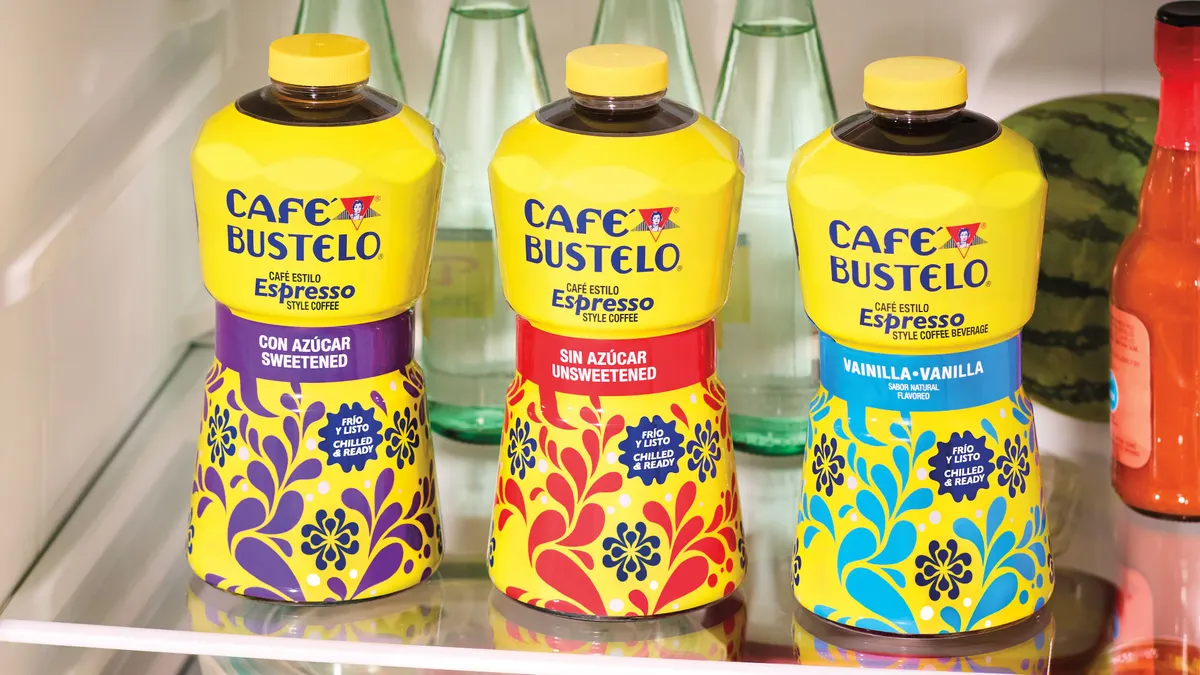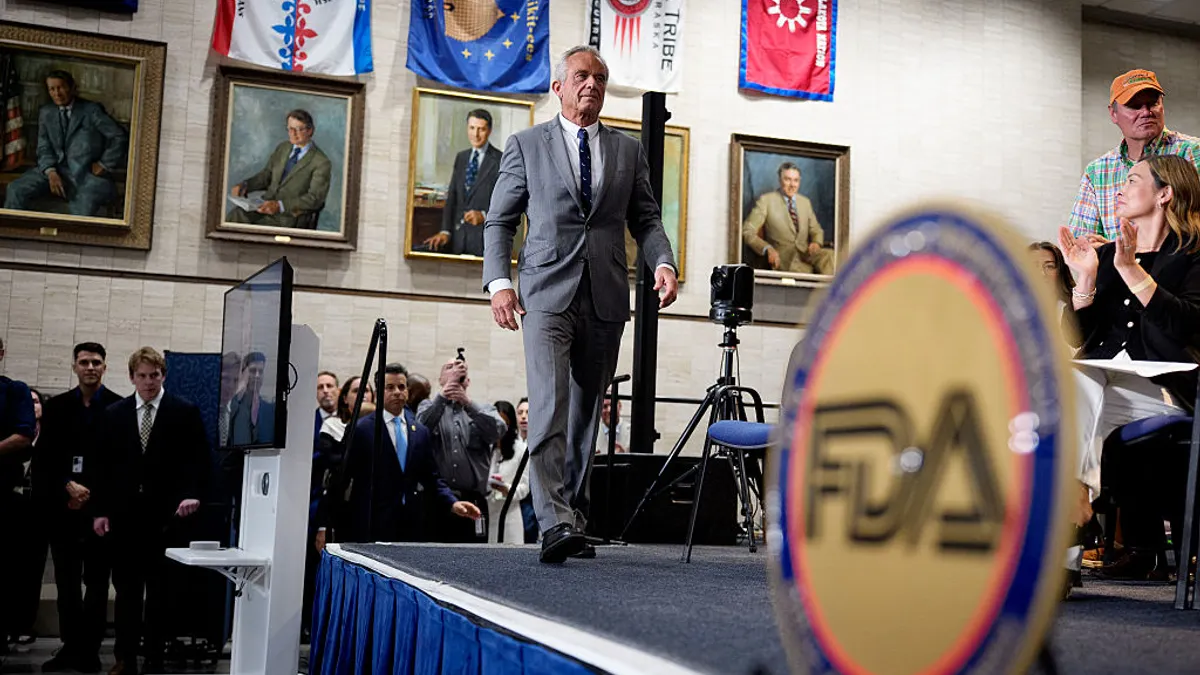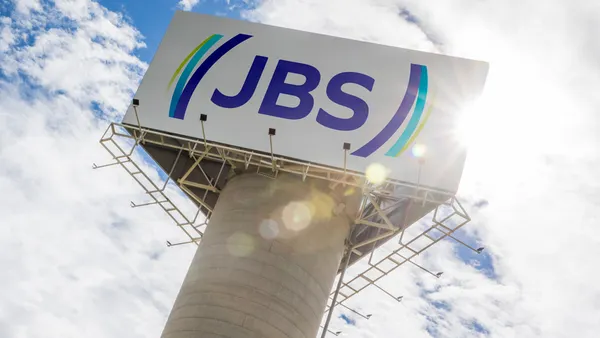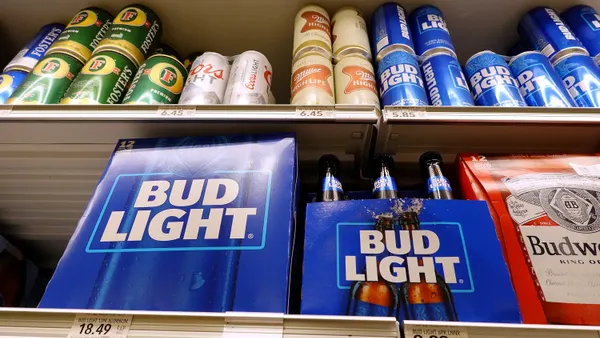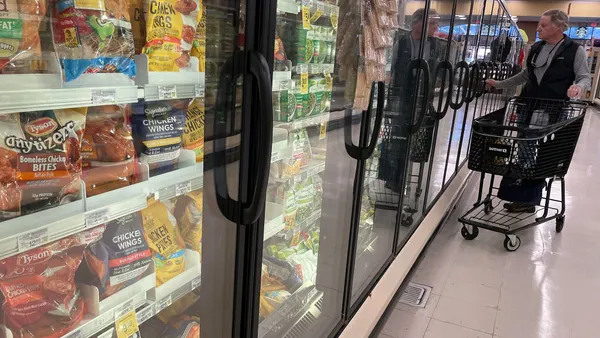Dive Summary:
- As pressure grows to label foods made from genetically modified organisms, food companies are struggling to find providers of non-GMO ingredients.
- Connecticut, Vermont and Maine all have pending bills approved by at least one chamber of state legislature that would require foods containing GMOs to be labeled, and similar legislation is in the works in at least 24 other states as consumers threaten to boycott unlabeled products.
- Around 180 companies inquired about certification from the Non-GMO Project last October when California tried to require labeling, and around 600 more inquiries came in March and April after Whole Foods announced it would only carry products with labels describing genetically modified contents.
- At least 90% of corn, soybeans, canola and sugar beets grown in the U.S. are from genetically engineered seeds, further complicating food companies' efforts to go non-GMO.
From the article:
... On Saturday, at least two million people in 436 cities in 52 countries rallied in protests against the seed giant Monsanto and genetically modified food, according to the organizers of the “March Against Monsanto.” The company, based in St. Louis, is the largest producer of genetically engineered seeds and the pesticides used to protect them.
Farmers have long crossbred plants to improve genetics in an effort to increase productivity and resistance to pests and diseases, and decrease the need for water, among other things. ...




